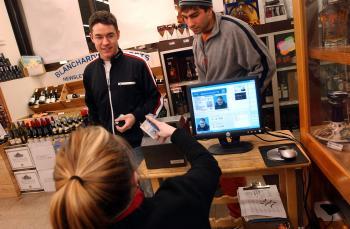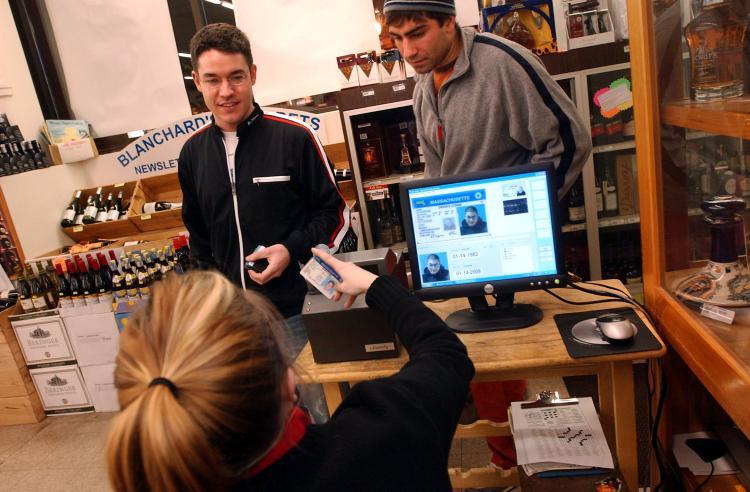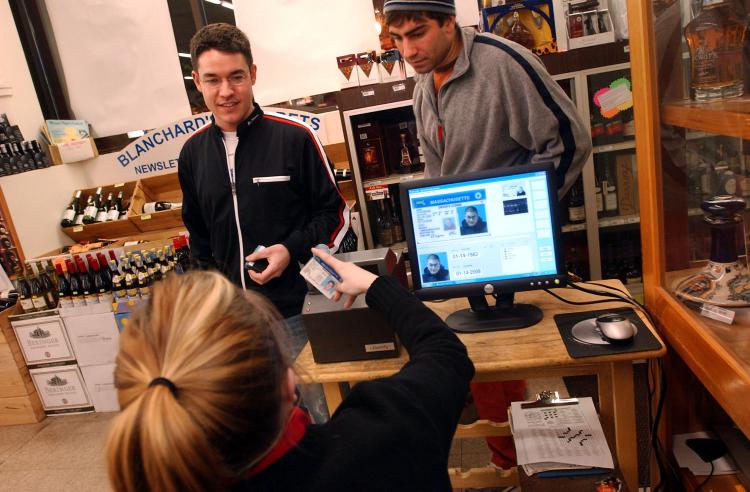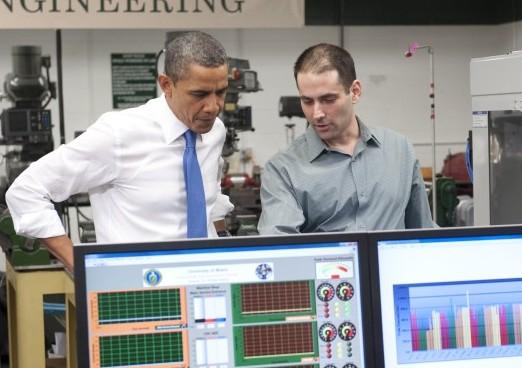BOSTON—Massachusetts residents were given the opportunity to weigh in on cutting sales taxes this past election day, with mixed results. One vote was on a decision to repeal the sales tax on alcoholic beverages, which passed. Another was a decision to cut the sales tax in the state from 6.25 percent to 3 percent, which failed.
After the votes were tallied, the question to drop the alcohol sales tax passed by a narrow margin of 52 percent to 48 percent. The decision not to cut the sales tax from 6.25 percent to 3 percent failed with a margin of 57 percent to 43 percent. Massachusetts voters were split on both issues, and arguments both for and against the measures were strong.
Supporters of the alcohol sin tax argued that an additional tax on alcohol is unfair because it is a “double tax.” It’s a double tax because alcohol imported to Massachusetts already has a substantial excise tax, which is passed onto consumers. Supporters also argued that local businesses are hurt by neighboring New Hampshire, which has no sales tax.
According to yesto1.com (the proposition was dubbed Question 1), liquor stores along the New Hampshire border have reported up to a 28 percent decrease in business. Opponents to “Question 1” argued that alcohol is not a necessity and did not deserve a tax exemption.
According to NoOn1ma.com, a site opposed to the measure, “If anything should be taxed, products like cigarettes and alcohol should be.”
Supporters of “Question 3,” which argued for a reduction on sales tax to 3 percent (Massachusetts sales tax was raised from 5 percent to 6.25 percent in September 2009) would bring more jobs to Massachusetts and would keep shoppers from going to New Hampshire where there is no sales tax.
It would also increase sales from consumers from other neighboring states. Opponents of the initiative argued that the proceeds from the revenue of sales taxes are used for communities to pay for services such as schools, police, water supplies, and roads and bridges.
The voters in Massachusetts spoke, and as a result, as of Jan. 1, 2011 there will be no more sales tax on alcohol, but the current sales tax of 6.25 percent will remain unchanged.
Sin Tax on Alcohol Repealed by Massachusetts Voters
Massachusetts residents were given the opportunity to weigh in on cutting sales taxes this past election day, with mixed results.

Customers purchase alcohol at a liquor store in Massachusetts. The state's voters voted on Tuesday not to charge an additional sales tax on alcohol. Darren McCollester/Getty Images
|Updated:





